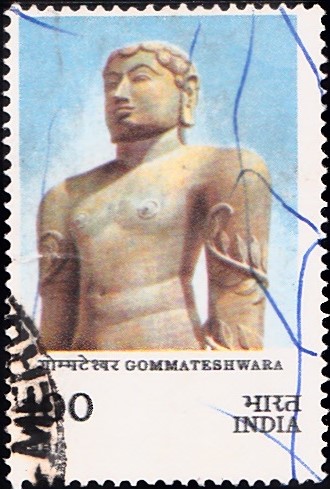
Gommateshwara
A commemorative postage stamp on the Millennium of Bhagawan Bahubali (Gomateshwara, son of Rishabhanatha, first tirthankara of Jainism) Statue at Shravanabelagola :
 Issued by India
Issued by India
Issued on Feb 9, 1981
Issued for : Indian Posts & Telegraphs Department is privileged to commemorate the occasion by issuing a special stamp.
Description of Designs : The stamp design depicts the upper portion of the statue at Shravanabelgola. The First Day Cover, designed by Sumhinder Singh, depicts the footprints of Gommateshwara within a lotus flower. The special cancellation, designed by Charanjit Lal, consists of the artist’s impression of the kalash (sacred pitcher) to be used for mahamastakabhisheka.
Type : Stamp, Postal Used
Colour : Multicolour
Denomination : 100 Paise
Overall size : 4.06 x 2.75 cms.
Printing size : 3.70 x 2.40 cms.
Perforation : 14½ x 14
Paper : Unwatermarked adhesive stamp paper
Number printed : 25,00,000
Number per issue sheet : 40
Printing process : Photogravure
Designed and printed at : India Security Press
About :
- According to Jain mythology, the first tirthankara, Rishabhanatha had two sons, Bharat and Bahubali. The step brothers contested for supremacy and their mighty armies ranged against each other in an impending battle. At the counsel of the ministers of both the courts, the issue was sought to be settled through a series of personal combats between the two kings. Bahubali vanquished his rival, but disgusted at the extent of debasing of human nature through greed, lust for power, pride and violence, he renounced the world. He practised severe penance in the kayotsarga mudra (the posture of renouncing the physical existence) for one whole year.
- Bahubali is known in South India as Gommateshwara. A colossal, monolithic statue of Gommateshwara was got sculpted by Chamunda Raya, a minister and commander-in-chief of the Ganga King Rajamallar Satyavakya (also known as Rachamallar). This statue is atop a granite hill at Shravanabelgola (in Karnataka). The place acquired its name from the pond of translucent waters (now known as Kalyani) around which Jain shramanas (ascetics) used to meditate.
- The 18 metre high colossus dominates the landscape from the 140 metre high hillock. In the traditional kayotsarga manner, his long hands reaching the knees, a sign of mahapurush (great man) rest at his sides on which the madhavi creepers entwine. The figure is imbued with human warmth and divine grace, as is traditional in Indian art. The face is effulgent with inner bliss which a yogi achieves after fulfillment of a dedicated life. Oblivious of world around him his eyes are fixed at a point where cosmic ideas merge with our world of experience.
- The anonymous master-sculptor, who conceived the statue, integrated two different modes of sculpture : the upper portion is carved fully in round while the lower one is in high relief. The richness of fine grain granite has been heightened by a fine gloss through burnishing, which equals to the polished Asokan figures of 3rd Century B.C.
- The statue was dedicated in about 981 A.D., when pratishthapana (holy installation) took place. To celebrate the thousand year of the installation of the colossus, mahamastakabhisheka (holy anointing) is being performed in 1981.
- The above text is based on material published elsewhere and/or supplied by the sponsors.



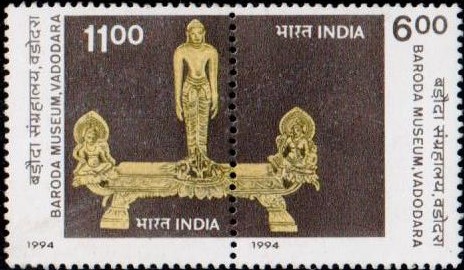
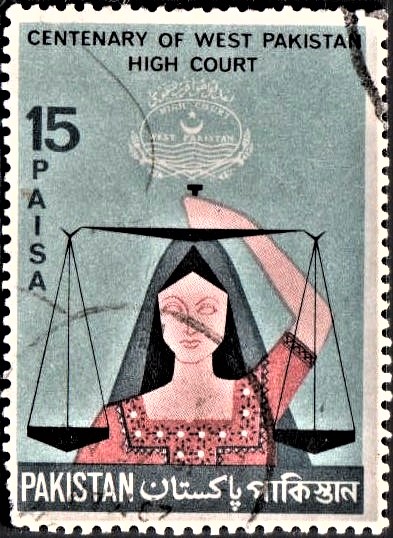

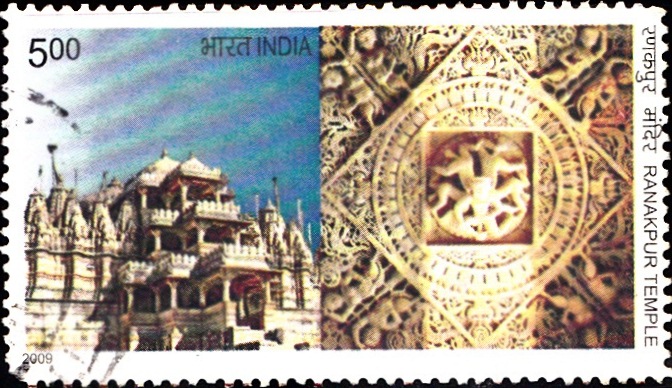
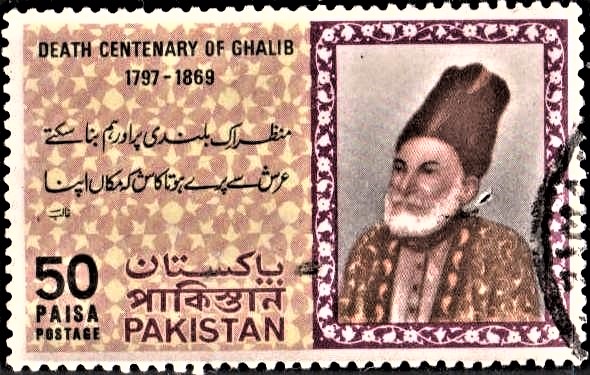
Nice